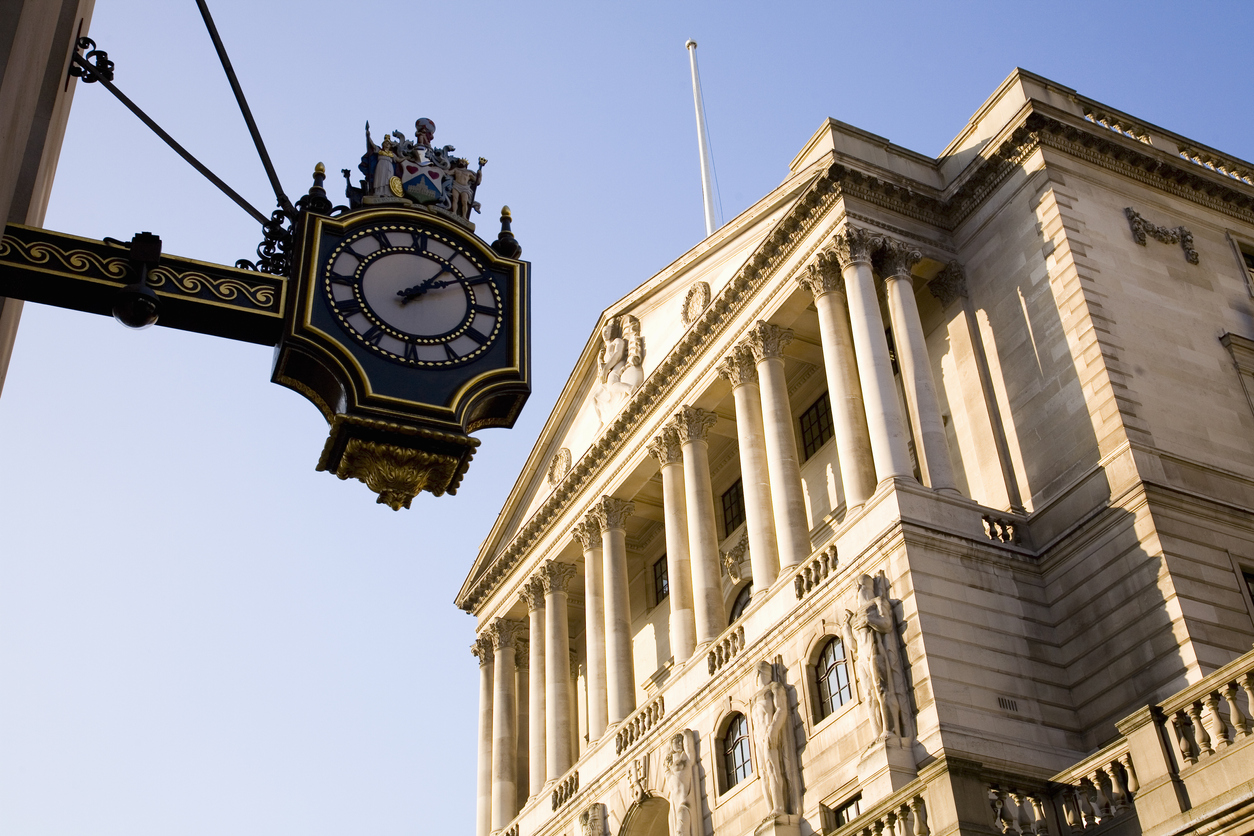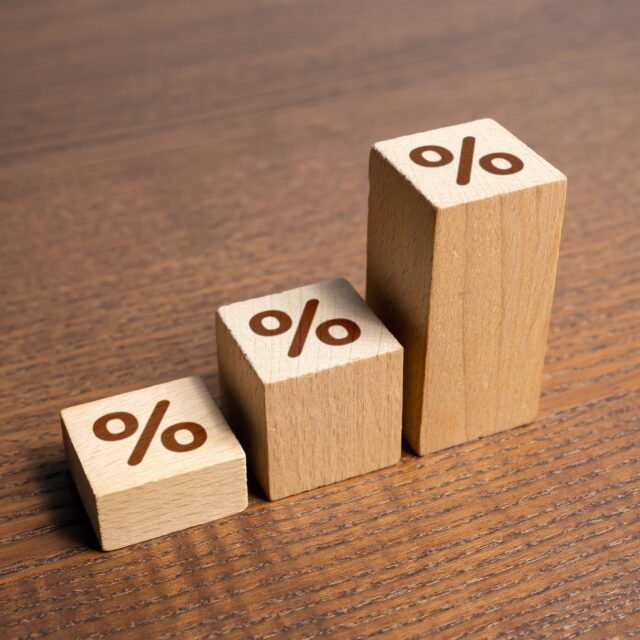Bank Chief Economist: Manager or Thought Leader?
The Bank of England is searching for a new Chief Economist, and the formal deadline for applications was Wednesday 2 June. But what is the Bank’s Chief Economist expected to do? And what skills and qualifications does he or she need? After all, the Bank has lots of economists. What special responsibilities does our central bank need a Chief Economist to carry out?

The Bank of England is searching for a new Chief Economist, and the formal deadline for applications was Wednesday 2 June. But what is the Bank’s Chief Economist expected to do? And what skills and qualifications does he or she need? After all, the Bank has lots of economists. What special responsibilities does our central bank need a Chief Economist to carry out?
The role of Chief Economist at the Bank formally came into being when Mervyn King was appointed in 1991. However, it can be seen as an evolution from senior economic advisory positions at the Bank which were previously occupied by Christopher Dow, Charles Goodhart and John Flemming in the 1970s and 1980s.
Dow, Goodhart, Flemming and King were well-respected academic economists who also had experience on a range of economic policy issues. Christopher Dow had turned down a Chair at Oxford in 1973 to take up his Bank role, while Charles Goodhart even has an economic law named after him! When Mervyn King was promoted to Deputy Governor in 1998, John Vickers – an economics professor at Oxford University – took over as Chief Economist. He was followed by Charlie Bean, a former lecturer and economics professor at the London School of Economics. He served in the role from 2000 to 2008 when he was promoted to Deputy Governor.
Until 2008, therefore, the focus of the Chief Economist at the Bank of England was on providing heavyweight academic input into the Bank’s thinking and using this to provide an input into policy-making. As the Bank assumed a more prominent role in setting monetary policy, with the publication of the Inflation Report from 1992 onwards, and the establishment of the Monetary Policy Committee (MPC) in 1997, the role of Chief Economist increased in significance. The Bank’s Chief Economist is one of the five internal members of the MPC – along with the Governor and three Deputy Governors. And when Mervyn King was Chief Economist, he took a leading role in communicating the Bank’s Inflation Report.
The independent monetary responsibility of the Bank had another impact on the Chief Economist role, however. The MPC is serviced by a large cadre of economists in the Bank’s Monetary Analysis Division. When I joined the MPC in 2006, it was clear that Charlie Bean, then the Chief Economist, was spending the majority of his time on management issues. The thought leadership and academic aspects of the role were being crowded out.
This was highlighted by the two most recent appointments as Chief Economist – Spencer Dale and Andy Haldane. Neither had a background as an academic economist and both had spent their whole careers in management positions at the Bank when they were appointed.
This raises an important question for the appointment panel charged with finding the next Chief Economist. Do they look for someone whose main contribution is managerial skills and experience? Or do they prioritise intellectual leadership, an academic background and an understanding of policy-making, in the same mould as Mervyn King and Charlie Bean.
To my mind, this intellectual leadership skillset – and associated abilities and experience – Is by far the most important aspect of the Bank of England’s Chief Economist role. The Bank already has a Deputy Governor who oversees the Monetary Analysis Division and many Department Heads and other senior officials who can carry out management duties. Rather than duplicate these management capabilities, the Bank of England’s next Chief Economist should be primarily an intellectual leader with a depth of understanding of monetary policy and macroeconomic analysis and preferably a strong academic background.
There is no shortage of key economic and monetary policy issues on which the input and leadership of a heavyweight Chief Economist is needed. The economic outlook is for a strong period of economic growth this year and next as the UK and the world economy rebounds from the pandemic-induced recession. How serious are the inflationary risks over this period and how should monetary policy? How much will “scarring” on the supply side of the economy affect potential output?
Interest rate policy has been dormant over the past twelve years with the Bank Rate fluctuating in an extremely narrow range at a historically low level – between 0.1 per cent and 0.75 per cent. What might a strategy for gradually normalising UK interest rates in the 2020s look like, and how should it be implemented?
In addition, the Bank is now a large owner of government bonds, with its total bond holdings now set to rise to £895 billion under its Quantitative Easing programme. This has raised a number of issues, including the impact on asset prices, pension fund returns and perceptions of the Bank of England’s policy independence. What should be the strategy for either unwinding these bond holdings, or managing the risks associated with them?
All these issues and more will be in the new Chief Economist’s in-tray when he or she is appointed. We need an experienced economist of the highest calibre, with the intellectual confidence and the ability to challenge established patterns of thinking from the past decade. Let us hope the appointment panel is now looking at a strong list of candidates to fill this very important economic policy role.
*Andrew Sentance is a Visitor at NIESR and a former member of the Bank of England Monetary Policy Committee. He is also a Senior Adviser to Cambridge Econometrics. He writes in a personal capacity and his views do not necessarily reflect those of NIESR

















